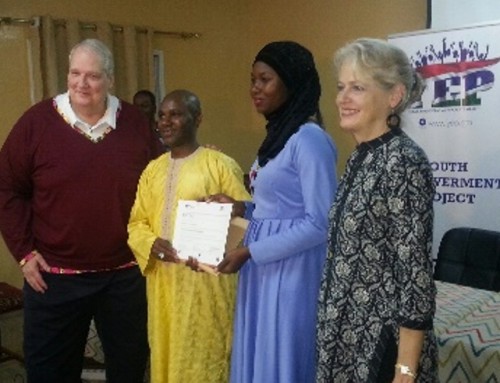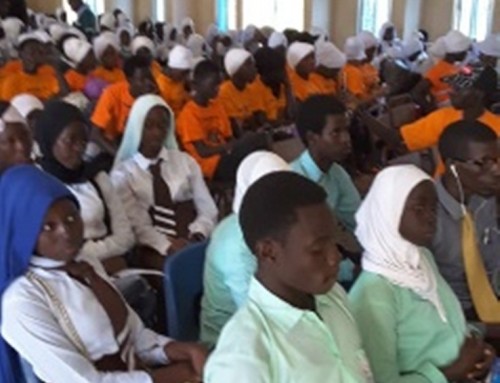
By Tabora Bojang
Sainey’s Cancer Awareness Foundation (Scaf) in partnership with Your Change For a Change, YCFaC, are set to launch a campaign on cancer awareness.
This will be accompanied with a series of events in commemoration of breast cancer awareness campaign later this month.
October has been set aside annually to raise awareness on breast cancer, with worldwide campaigns involving thousands of organisations highlighting its significance on education and research.
Awa Conateh, executive director of Scaf, said the organisation’s crusade on the killer disease was inspired by the death of her sister Sainey Conateh, who died of cancer in 2016.
She said cancer is a deadly disease that is rapidly on the increase, resulting to the death of many people especially women most of whom “remain silent because of misconceptions”.
“We have realised that there needs to be awareness on these misconceptions,” Ms Conateh stated. “It is so sad many women are dying on a daily basis due to cancer. This foundation will ensure there is enough engagement at all levels about cancer awareness and advocacy, and this demands action from all of us to raise awareness, promote prevention, early detection and increase the chances of cure.”
Miss Conateh explained that the campaign would include a series of activities ranging from cancer awareness campaigns, symposiums, workshops and cancer cocktail among others to increase the level of awareness of breast cancer in the country.
Figures from the National Cancer Registry show that cancer cases continue to rise and are second only to cancer of the cervix, which is the most common cancer affecting women.
Dr Kitabu Jammeh, a medical doctor who conducted a study on breast cancer in the country, said the disease is a condition of abnormal growth of the breast with two histological forms and a series of stages.
He explained that the mainstay of treatment for breast cancer all around the world is ‘surgery, however, a major challenge in the fight against cancer in the country is the late presentation of patients.
“Most patients who are presented to the hospitals come in stage three or four. When they come in such stages, all that can be done is to go to the theatre, do surgery, provide the chemotherapy, and hope for the best. Others come at a stage where surgery becomes no use.”
He called for wider public awareness and education in combating cancer.
Article Views:
17





